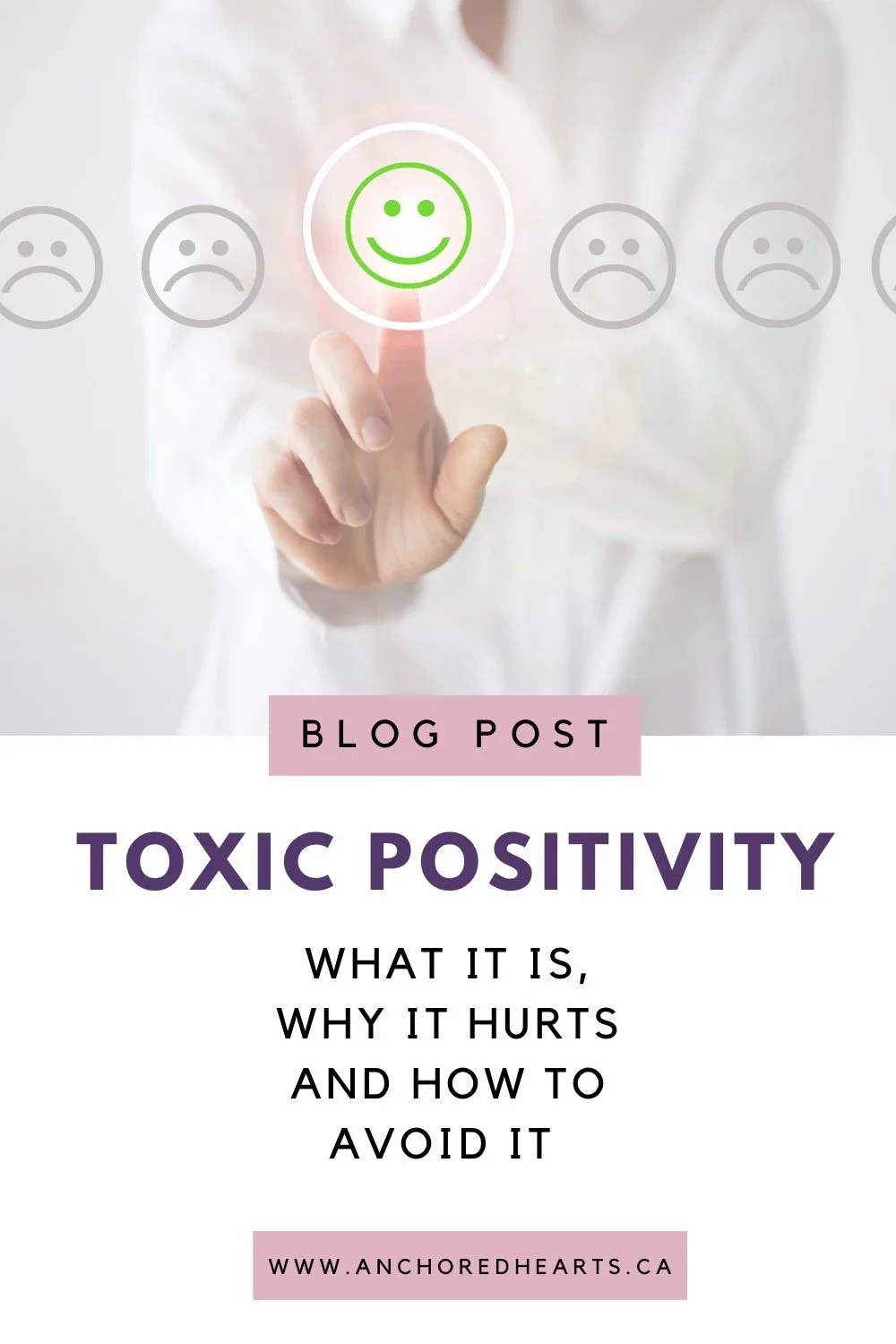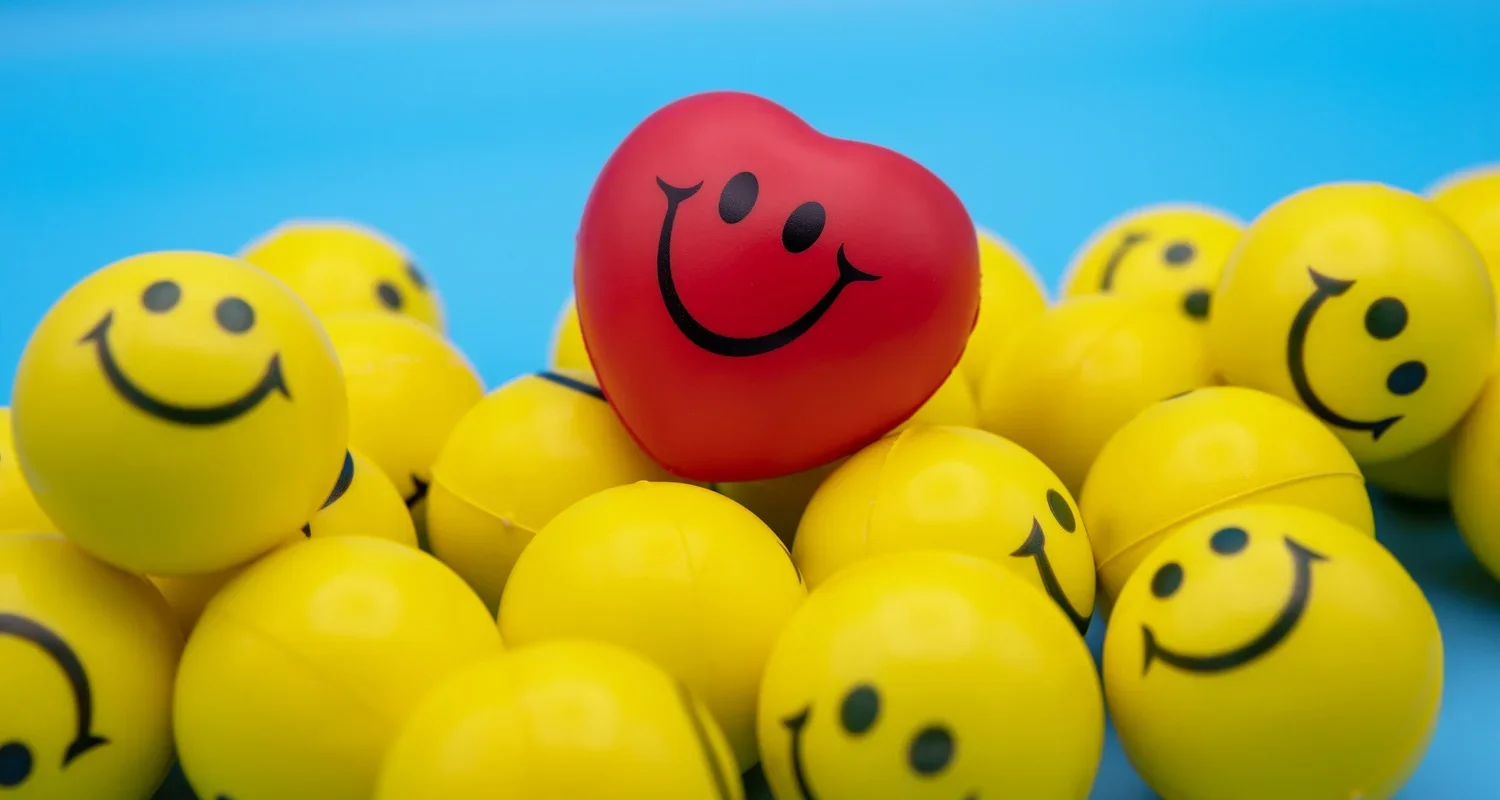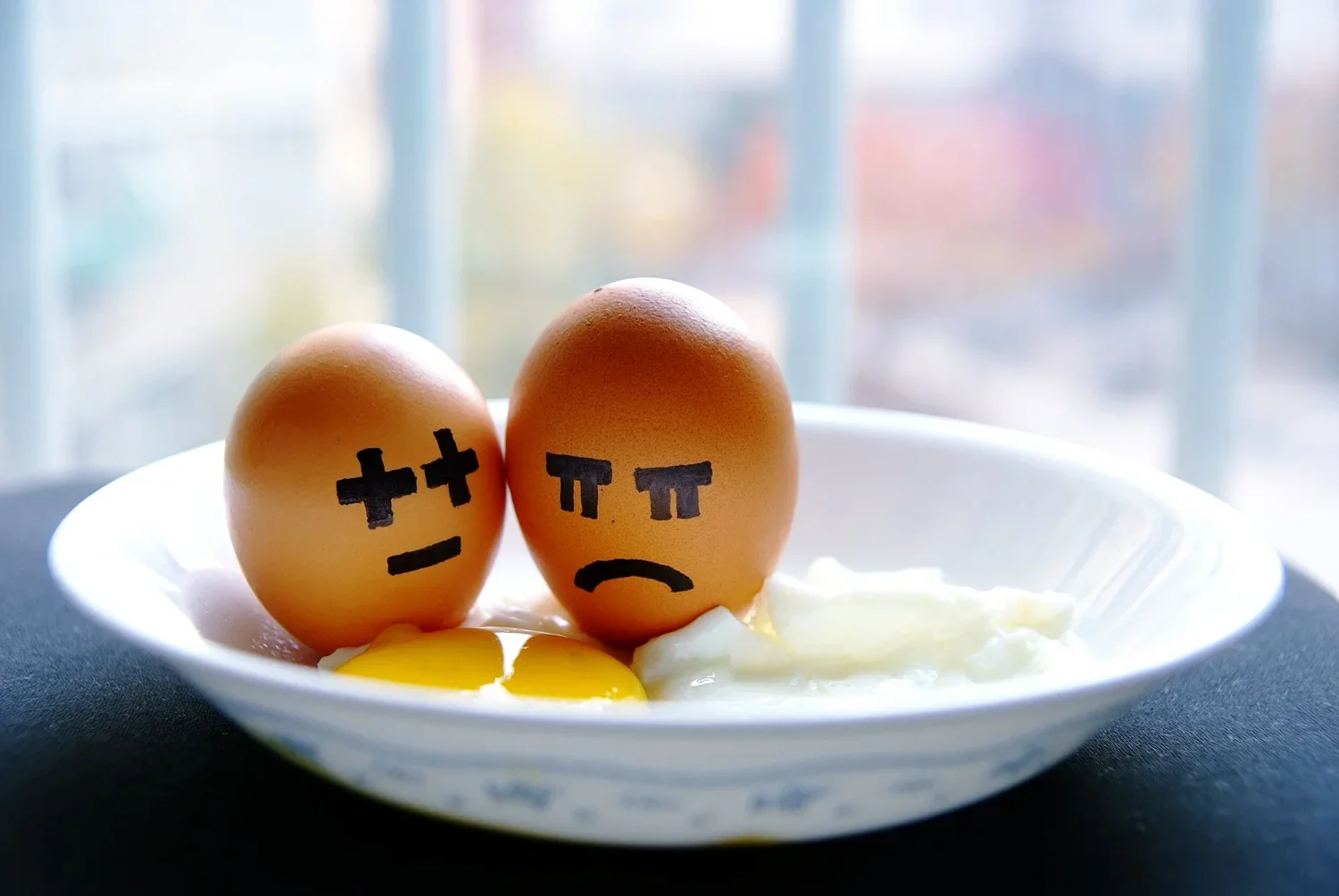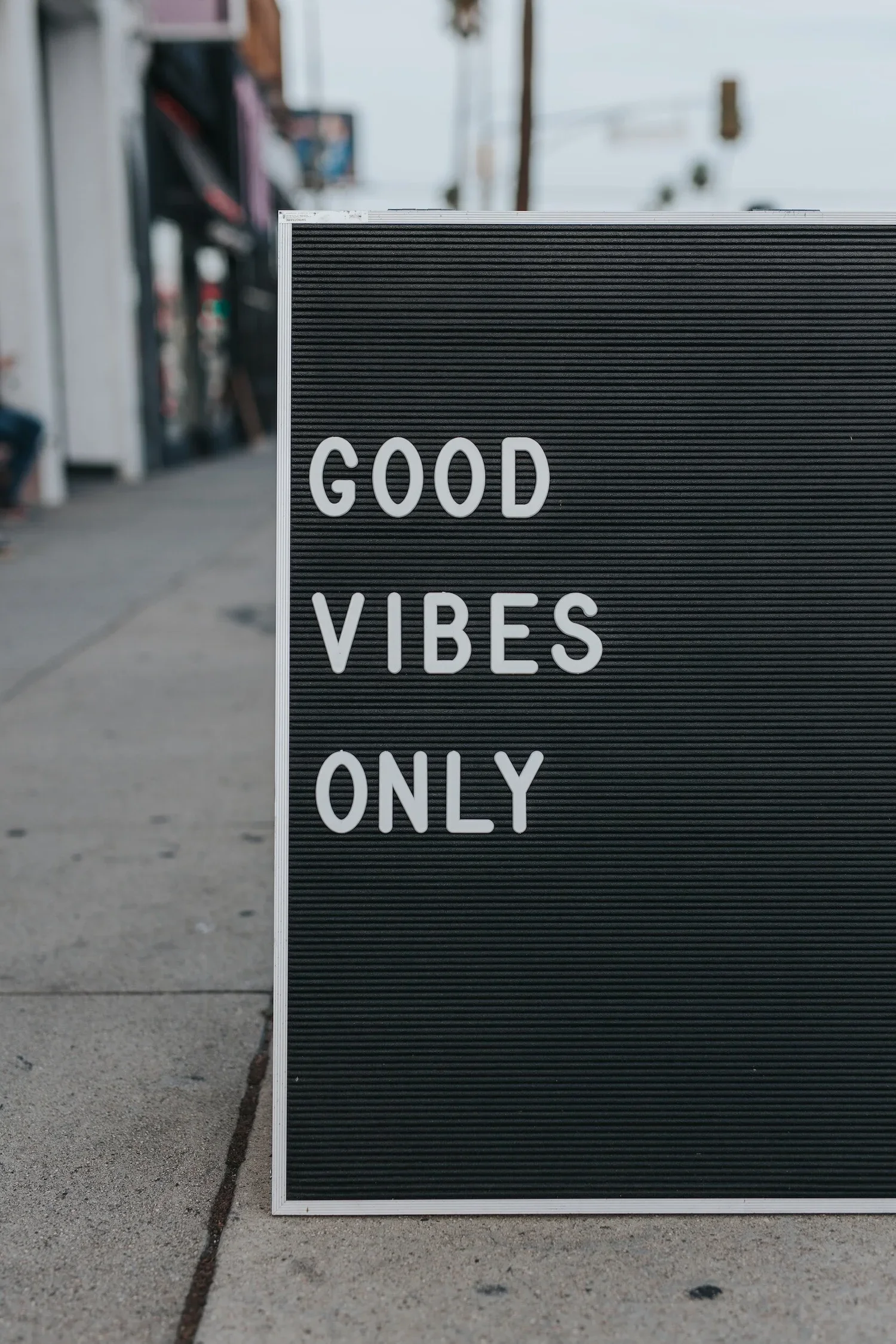Toxic Positivity: What it is, Why it Hurts and How to Avoid It
The idea that a person should always have a positive mindset regardless of one’s life circumstances is a prevalent message in today’s society. Scroll through your social media feed and you will come across plenty of motivational quotes about keeping positive. The pressure to be positive no matter what is known as Toxic Positivity and can be harmful to a person - while there are benefits to being optimistic, toxic positivity resists all difficult emotions in place of a cheerful and often falsely-positive façade.
Having a positive outlook on life can be good for your mental well-being. The harsh reality is that life isn't always positive. As humans, all of us have painful emotions and experiences. Those emotions, while often unpleasant, need to be felt, honoured, and processed and dealt with honestly to move towards acceptance of our feelings and greater psychological health.
What is Toxic Positivity?
Dr. Jaime Zuckerman states that “Toxic positivity is the assumption, either by one’s self or others, that despite a person’s emotional pain or difficult situation, they should only have a positive mindset or ‘positive vibes.’”
Whitney Goodman, a licensed marriage and family therapist and the author of Toxic Positivity: Keeping It Real in a World Obsessed With Being Happy describes toxic positivity as the unrelenting pressure to be happy or be pursuing happiness, no matter what the circumstances.
Toxic Positivity happens when encouraging statements are said with the hopes of reducing or getting rid of painful emotions, resulting in the pressure to be unrealistically optimistic without considering the context of the situation.
Where do these messages come from?
These messages are not just from social media, they have been internalized by individuals, and as a result, are passed on from one person to another.
We can either be on the receiving end of the messages from others or be the ones giving toxic messages – and within ourselves. Although we may find ourselves thinking we need to “toughen up” or “stop whining,” these messages don’t acknowledge the pain that we are feeling and instead squashes it.
When a person shares about a difficult time that they are going through, whether it be grief due to the death of their person, a breakup or divorce, a job loss, a cancer/life-altering diagnosis, infertility, a miscarriage, burnout, chronic illness/pain - it can be tempting to encourage them to focus on the positives and to find the silver lining.
Most people have good intentions when they encourage someone to look at the bright side. It is often done with the intention to be helpful and supportive while unknowingly being unsupportive - it can feel invalidating and hurtful to not have one’s reality acknowledged.
When people are experiencing difficult situations such as a breakup/divorce, infertility, financial troubles, job loss, illness, or the loss of their person, being told that they need to look on the bright side can seem downright cruel. It oftentimes adds more layers to the suffering the person is going through. In a moment when they most need emotional support, they are now needing to process the difficult, distressful and sometimes confusing emotions that arise from receiving unsupportive comments.
Signs of Toxic Positivity
Fighting/hiding/masking your true feelings
Trying to get over your struggles by being tough and stuffing down/dismissing your painful emotions
Minimizing other people’s painful experiences with “look on the bright side” type of statements
Trying to give someone perspective instead of validating their emotional experience
Shaming, chastising or judging yourself or others for expressing frustration or anything other than positivity
Expecting yourself or others to snap out of things and get over difficult emotions
Unsupportive Comments that Convey Toxic Positivity
Smile, don’t cry/don’t worry/don’t be sad/don’t stress out about it/stay strong
It could be worse../I know others who have it worse/Someone else has it worse than you and/or me
At least…/Be grateful for what you already have
Don’t let it get to you/You’ve got this/Good vibes only
Look for the positives/Just stay positive/Don’t be negative/Look at the bright side/See the good in everything
Everything happens for a reason/Perhaps this is a blessing in disguise
You’ll get over it/When will you get over it?/Get over it/ Time heals
Don’t give up, it will happen when the time is right/If it’s meant to be, it will happen/Good things are coming/ Things will be okay/You will be okay/It’ll happen/It will only get better/It will sort itself out eventually
They wouldn’t want you to be sad
Just relax/It’s not a big deal/Maybe it’s not as bad you think
Stop thinking about it/Don’t dwell on it
Have you tried (insert unsolicited advice)?
I know a friend who (insert something one’s friend did) and it worked for them/I did it so you can do it too
Toxic positivity also includes spiritual bypassing where we go around or avoid our own or other’s painful emotions by using spiritual platitudes/concepts or beliefs.
Spiritual Bypassing Comments
It is God’s will that this happened/If it is God’s will, it will happen/you will be healed
They are in heaven now/They are in a better place
You need more faith/You are lacking faith
Trust God/Surrender this to God
Non Toxic & Supportive Comments
This is hard/This hurts/That sounds like a tough situation that you have to deal with
You’re coping with so much, I can see how these stressors are weighing on you
That’s a bummer/That sucks. It’s sad that you have to deal with this.
It is okay to not be strong. It is okay to feel sad. It’s okay to cry. I’m here to listen and support.
Take your time, there is no rush or timeline to move forward
I see you. I am here with you. I’m not going anywhere. I’m here no matter what.
I wish you didn’t have to go through this.
Your feelings/grief/pain are valid
I’m thinking about you
Seems like this is really weighing on you, do you want to talk about it?
It is so disappointing that they let you down
This is so unfair
I can see why you’re upset/angry/disappointed or I get why you feel this way/I would be upset too
I would like to (insert ways in which you would like to help). Would this be helpful for you?
This must be so incredibly hard/tough/rough to manage right now.
That sounds hard/really tough
No wonder I feel/you feel _____(emotion word), that _______(situation at hand), because_________ (reason)
Of course I/you feel scared. It makes total sense given (*insert situation)
Why is Toxic Positivity Harmful and How does it Impact a Person?
It minimizes a person’s grief and difficult feelings
It invalidates a person’s difficult emotions and implies that a person should not be feeling the way they do. It is dismissive of a person’s emotional experience and reality. There is a lack of acknowledgement that someone is going through a tough time and that it makes sense that they would feel difficult feelings.
It makes a person feel that they should not be feeling what they are feeling
It makes a person feel like their pain does not meet the criteria for feeling sad/worried/bad just because their struggle is not deemed to be terrible enough. It does not give room/permission for a person to feel their authentic feelings. It makes a person feel like they have to push away, suppress or hide their true feelings from themselves or others.
Suppression only makes feelings stronger and could also lead to anxiety and depression
It is similar to the act of trying to keep a bunch of beach balls underwater. Eventually, they’re going to slip out of your arms and burst to the surface with greater force than if you were to let them float — it often bursts to the surface in unexpected, uncontrolled ways.
It simplifies a complex situation someone might be going through
It implies that everything will turn out alright when suffering is a reality of life – toxic positivity denies that sometimes bad things do happen to people and that positive outcomes do not always happen.
It results in feeling guilt or shame for feeling sad, angry and other difficult emotions
It makes one feel that one might be doing something wrong by not being able to get over one’s feelings.
It shuts off further conversation and deeper connection - this eventually isolates people
Why continue sharing about one’s struggles when it is met with dismissiveness? It is a human instinct to protect oneself by choosing to share less with someone who invalidates your pain. When a person does not feel safe sharing their struggles, it would make sense that a person chooses not to reach out for support.
Why do we engage in Toxic Positivity towards ourselves or others?
Many are uncomfortable with difficult/unpleasant feelings (whether it be feelings within themselves or expression of difficult feelings by others).
We want to make someone else or ourselves feel better and happier about a crappy situation.
People do not know what to say – it can feel easier to engage in toxic positivity rather than wading through the difficult stuff and engaging deeply and authentically.
The good vibes culture – many internalize toxic positivity from society and surroundings.
An adaptive coping strategy - this might have been something you had to do growing up in order to survive and adapt to your environment. This could be especially true if you grew up in an abusive and toxic environment. In the present day, however, it might not be serving you or others well.
Some strategies for avoiding self-imposed toxic positivity include:
Acknowledge a moment of suffering or difficulty – “This is hard, I am struggling”
Give yourself permission to not be okay – say to yourself, it’s okay for me to feel sad
Identify, acknowledge, name & make room for your authentic emotions rather than suppressing them
Recognize that unpleasant emotions are normal and can provide important information about what you are needing
Shift the language of “negative emotions/feelings” to unpleasant emotions, big feelings, difficult feelings – this reframes the way you perceive your emotions and the way you relate to your emotions
Seek support from nonjudgmental and safe people, such as trusted friends or a therapist
Recognize the duality of emotions - it is okay to feel more than one emotion at a time. You can grieve a person’s death and feel relieved about their death.
A person can avoid imposing toxic positivity on others by:
Focusing more on providing empathy and validation and less on solving
Allowing others to speak openly about their true emotions
Getting more comfortable with unpleasant emotions
Avoiding giving a positive response to everything a person says
Not offering unsolicited advice
Not shaming anyone for their emotions
Truly listening to other’s difficult feelings and validating their feelings – even when it’s different than how you feel
How Therapy can Help with Toxic Positivity
Therapy provides a safe space where you can feel seen, heard, validated and have your pain acknowledged. A good therapist will never minimize or invalidate your pain and grief.
A therapist can support you in:
Regulating difficult emotions so that you can connect bodily with your emotions – by expanding your window of tolerance (that is, by expanding your capacity to be with distress and painful emotions), you will be able to turn towards your painful emotions and use your emotions as information to move towards meeting your needs. In doing so, this will empower you to move towards living a meaningful life.
Identifying ways to deal with toxic positivity from others - this includes identifying boundaries you need to set with people in your life who tend to respond with toxic positivity – therapy can support you in figuring out who, what, when and how much of your struggles you would like to share with others.
At Anchored Hearts Counselling and Grief therapy, we would be honoured to support you through counselling and grief therapy. As a counsellor who has walked alongside many individuals like you, I would be glad to support you in honouring, processing and connecting with your painful emotions in a contained and safe space.
There is hope today. Reach out for support. We are here with you and for you.
Relationship therapy in Port Coquitlam, Coquitlam and Vancouver can help you with making embracing your emotions rather than fighting them – let us come alongside you, guide you and support you to move from a place of surviving to thriving. Let’s do this together. We look forward to connecting with you and to hearing from you!
References:
https://www.verywellmind.com/what-is-toxic-positivity-5093958
https://www.connectionscounseling.net/blog-and-resources/2021/4/1/toxic-positivity
https://adaa.org/learn-from-us/from-the-experts/blog-posts/consumer/toxic-positivity
https://www.everydayhealth.com/emotional-health/toxic-positivity/guide/
depressionanxietygrieftoxic positivityemotionsfeelingsboundaries













